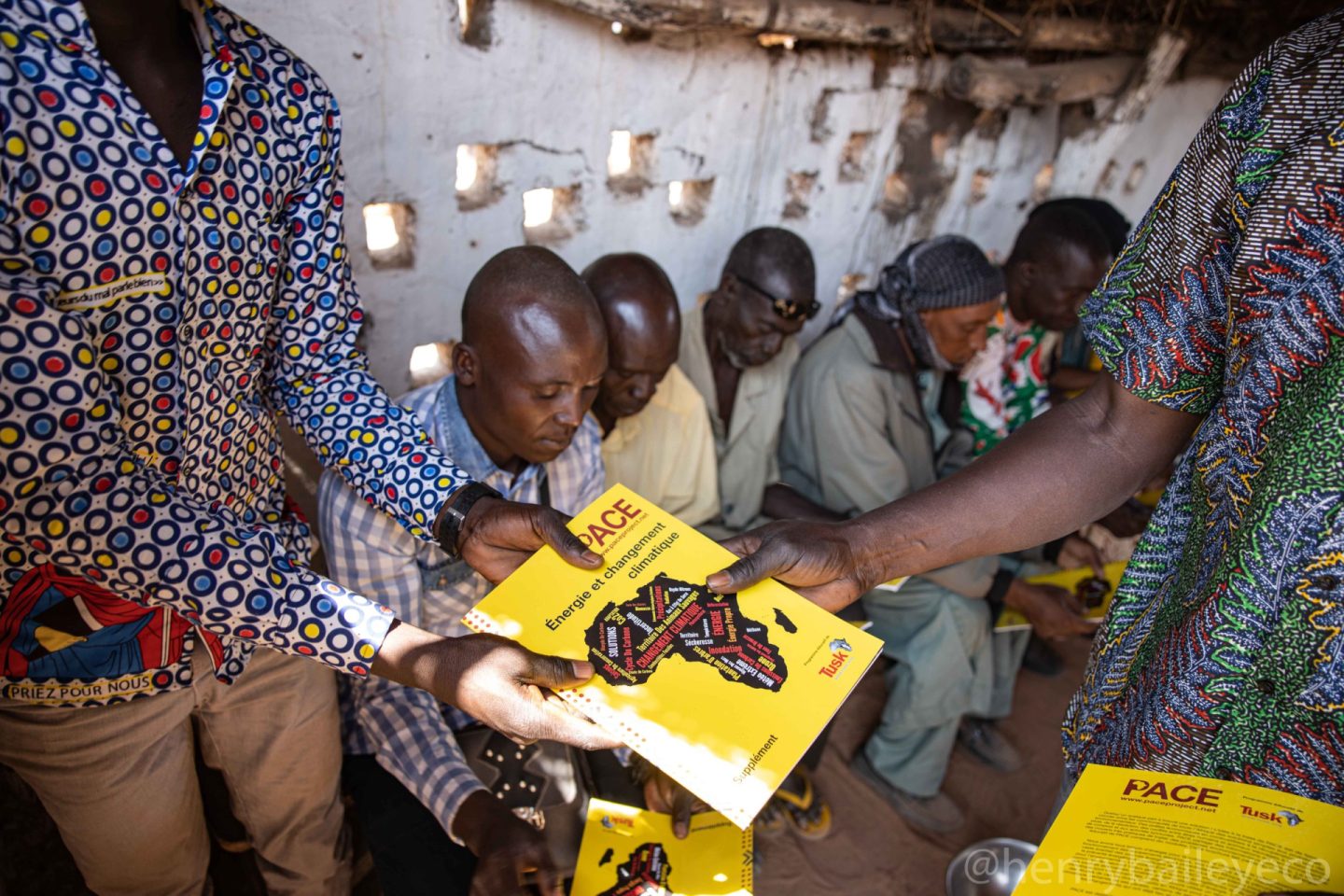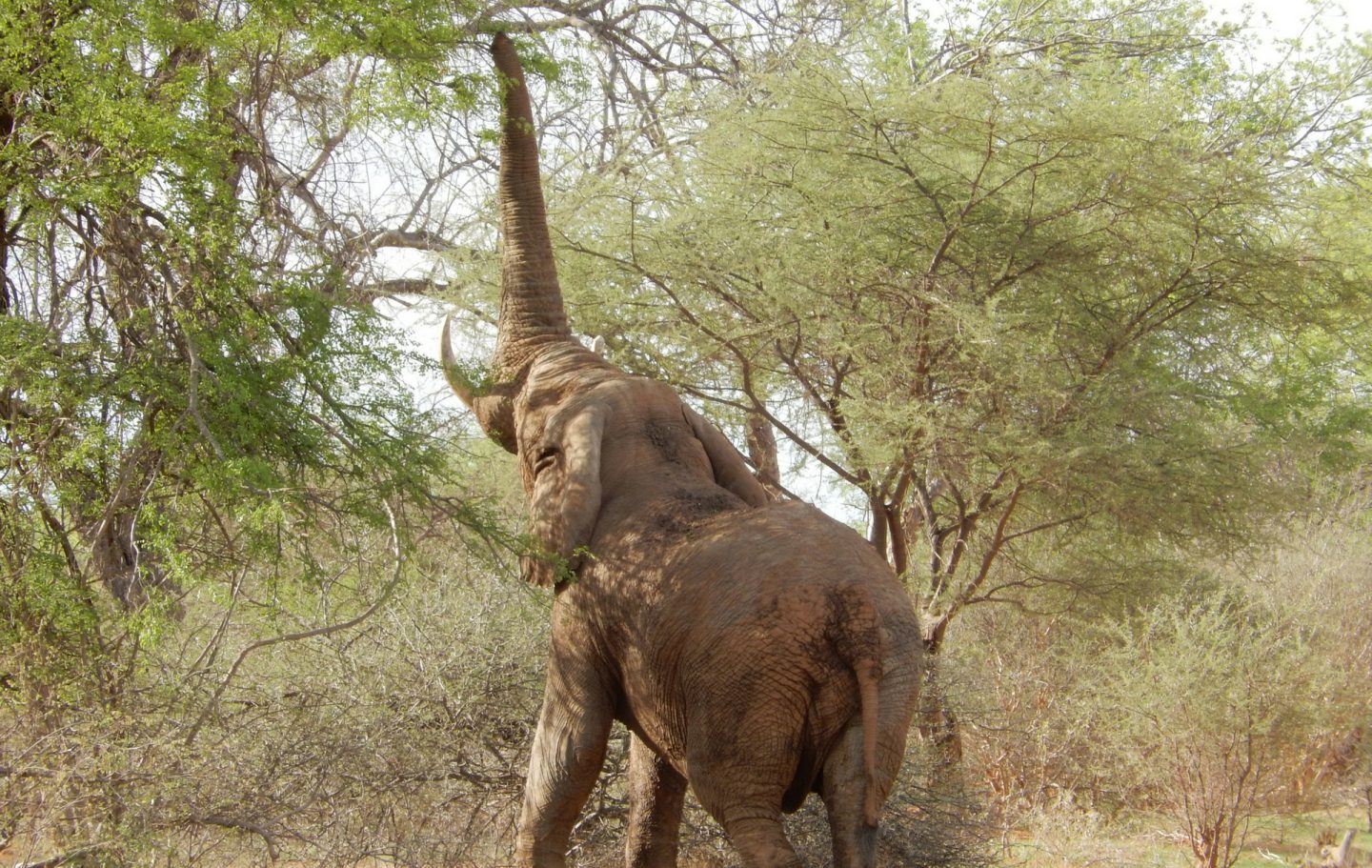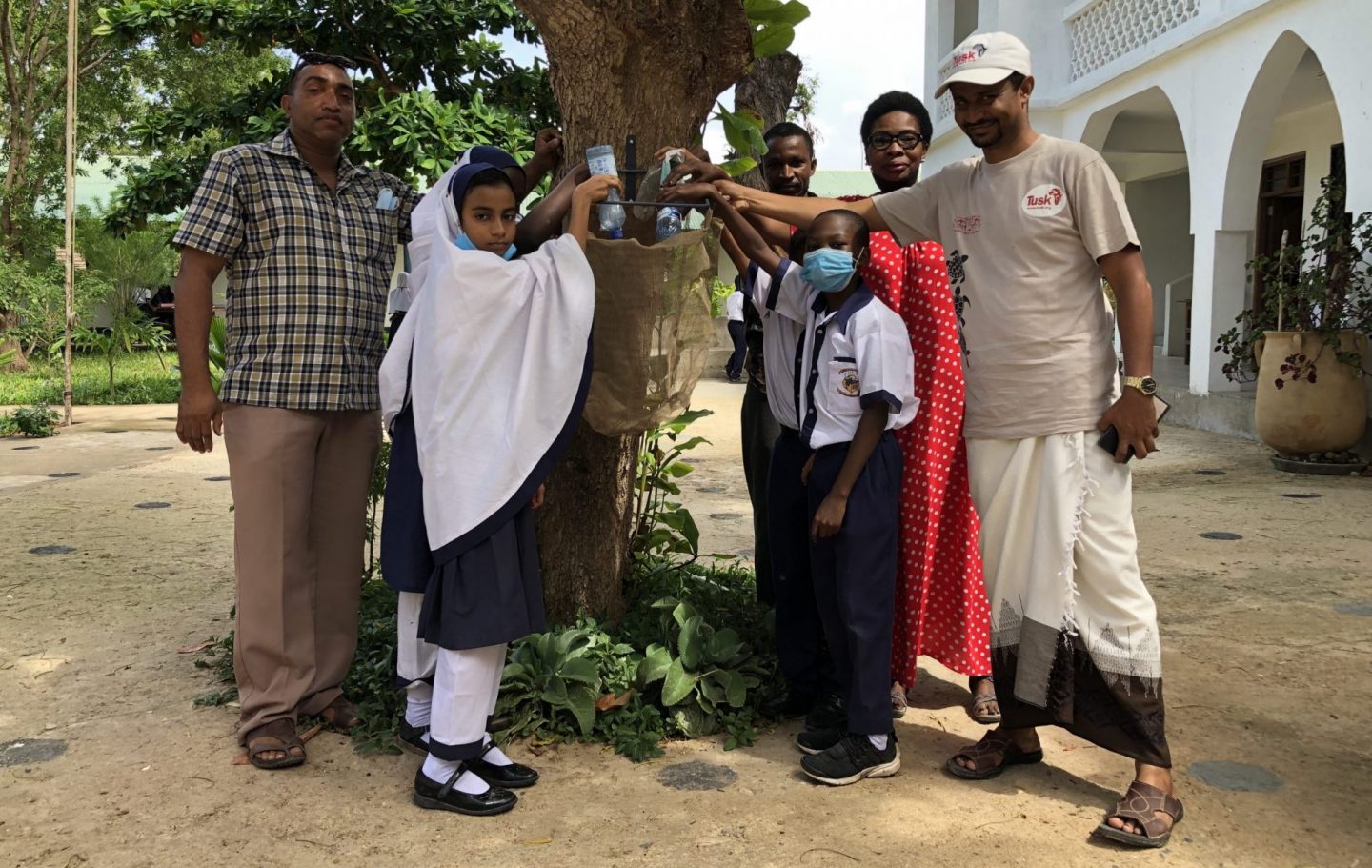
In the south west of Chad, human elephant conflict has become critical. As we continue to face changes to the climate, habitat and human population – the boundary between where elephants roam and people live has become vague.
Chad based Environment Sahel is an NGO focused on mitigating human-elephant conflict, going beyond traditional conservation to protect areas where wildlife and communities sometimes collide. In the province of Logone Occidental, villages are dealing with regular overnight visits from elephants, as well as a few elephants which are resident in the local area.
The majority of community members are subsistence farmers, dependent on their crops such as cassava, groundnuts, potatoes, maize, and fruit trees, which are desirable to hungry elephants passing through the villages. In September 2022, 32 hectares of fields were destroyed and sadly one person was killed.
Fatalities and loss of crops is not uncommon. As elephants and people continue to become intertwined, it is vital to work together to ensure people and elephants can feel safe in their shared environments.
Environment Sahel and the Ministry of Wildlife and Protected areas started working with local communities at the beginning of this year to help them find solutions to mitigate human elephant conflict. Tapol, Beissa, Laokassi and Dafra – located in the Tandjile Province, are the most affected areas. These villages have now set local action networks to help monitor conflict, establish land use zones which are best suited for building homes, farming and for pasture and protected areas – where the vegetation, community and natural resources are protected for wildlife.
We are pleased to see our PACE books are a useful tool for conservationists, government stakeholders and communities. The books have been translated so that local schools can also be involved, sharing the energy and climate change resource across multiple generations, and providing solutions to common challenges communities living with wildlife face.
Our education books don’t just focus on mitigating conflict, they range from; diversification, water management, soil and agroforestry and much more.
To keep up to date with all the projects using PACE resources and to find out more click here.



